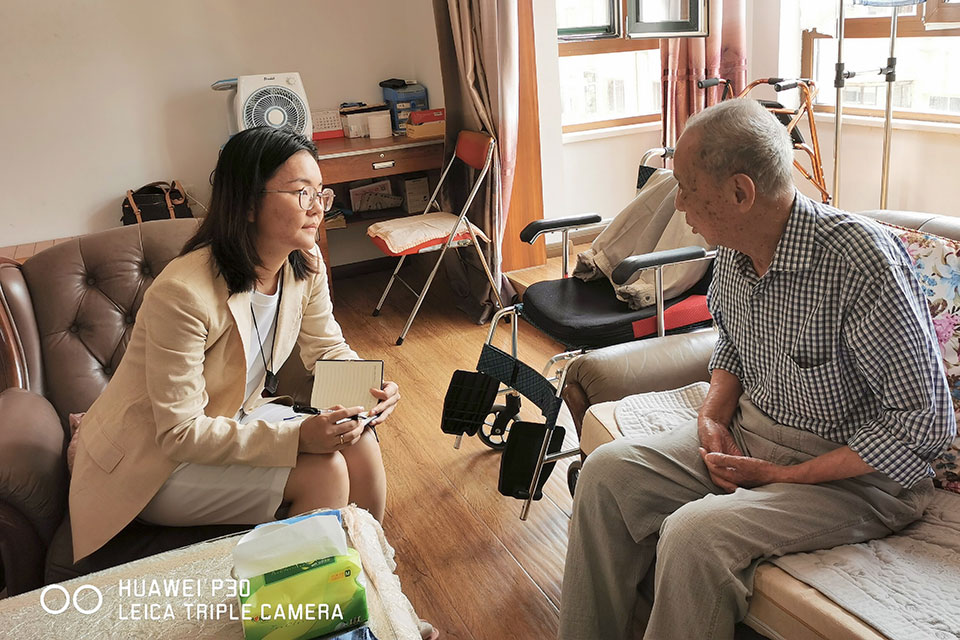Getting Started

You can do research during the academic year, the summer or both. Most students start sometime after completing their first academic year; however, you can start learning about research and creative collaboration opportunities now! The more you learn and the earlier you identify areas of interest, the more options you will have.
Register for a Research 101 Workshop
The URCC Research 101 workshops can help you learn more about how to get involved in research and creative projects at Brandeis.
Visit the URCC Events page to sign-up for the date you want to attend.
Learn how to:
- get involved and when to start
- identify your interests
- search for research opportunities
- reach out to potential faculty mentors
- apply for funding
- present and share your research or creative project
- get support and advice at all steps in the process
Next Steps
- Identify your interests. What intrigues you? What problems do you grapple with? How do you want to contribute to the world? Brandeis has ongoing research in the Arts, Humanities, and Culture; Business and Economics; Social Sciences and Social Policy; and Science, Technology, and Engineering.
- Talk with people. Faculty and staff have Office hours (also called Student hours), which are designated times set aside for students to drop in with no appointment needed. Faculty Office hours are often listed on course sites, departments websites, or in the Professors' email signature. Office hours are a good time for you to introduce yourself and ask questions about a faculty's research and creative interests and how they got started. You can also express your interest in doing research. Ask them if undergraduates who they mentor typically contribute to a faculty project or if students create their own independent project.
You can also speak with academic advisors, peers, TAs and staff. Margaret Lynch, Director of Undergraduate-Faculty Research Partnerships, is happy to speak with undergraduates about all aspects of undergraduate research and creative collaborations. To get the undergraduate perspective, you can speak with a URCC peer research mentor. - Enroll in a research methods class to learn about research methods, techniques, and skills common in your major or minor.
- Sign up for a workshop with the Library, which offers workshops to acquire research skills and learn about tools used for research and creative projects.
- Not sure which workshops are most relevant to your interests? Ask a faculty member or the librarian who specializes in your major, minor, or area of interest. Most faculty use a bibliographic program (Endnote or Zotero) to organize their references, and different disciplines use different programs for data analysis.
- If you are interested in conducting research with human subjects (such as surveys or testing), sign up for training at the CITI (Collaborative Institutional Training Initiative) website. Complete basic modules and the module relevant to your research (e.g. Social/Behavioral/Educational or Biomedical). Training takes several hours, but the completion certificate enables you to collaborate with a faculty member and apply for permission to do research with human subjects through the Brandeis Institutional Review Board.
- Browse or search for research opportunities and funding.
- Browse or search for open opportunities for faculty research assistants in ForagerOne.
- Funding to support research in any academic area is available through the Jerome Schiff Undergraduate Fellows Program and the Provost’s Undergraduate Research Fund. Numerous discipline-specific awards are available as well. See the URCC's comprehensive list of research funding opportunities for Brandeis undergraduates.
Research for pay or for course credit?
Students can opt to earn course credit for research, be paid for research or both – though not at the same time for the same project.
If you would like to do research for credit:
- Consider taking internship classes. Some classes include sections about research, usually at an organization outside of Brandeis.Are you a junior or a senior? Consider an independent study (listed in the course guide as a 98a, 98b in most departments and programs) or a senior thesis (listed in the course guide as a 99a, 99b, 99d in most departments and programs).
- Departments and Programs offer course credit for collaborating with faculty on research. Contact your UAH or UDR for specific requirements.
If you would like to be paid to do research:
- A range of Brandeis grants and fellowships will pay you a stipend to support your own research and/or cover associated costs like travel, materials or supplies. Fellowships that make awards to research and creative projects in all disciplines include the Jerome Schiff Undergraduate Fellows Program and the Provost's Undergraduate Research Awards.
- Some faculty hire undergraduate Research Assistants to work with them on their research. Research Assistants are paid by the hour. Find these positions in ForagerOne .